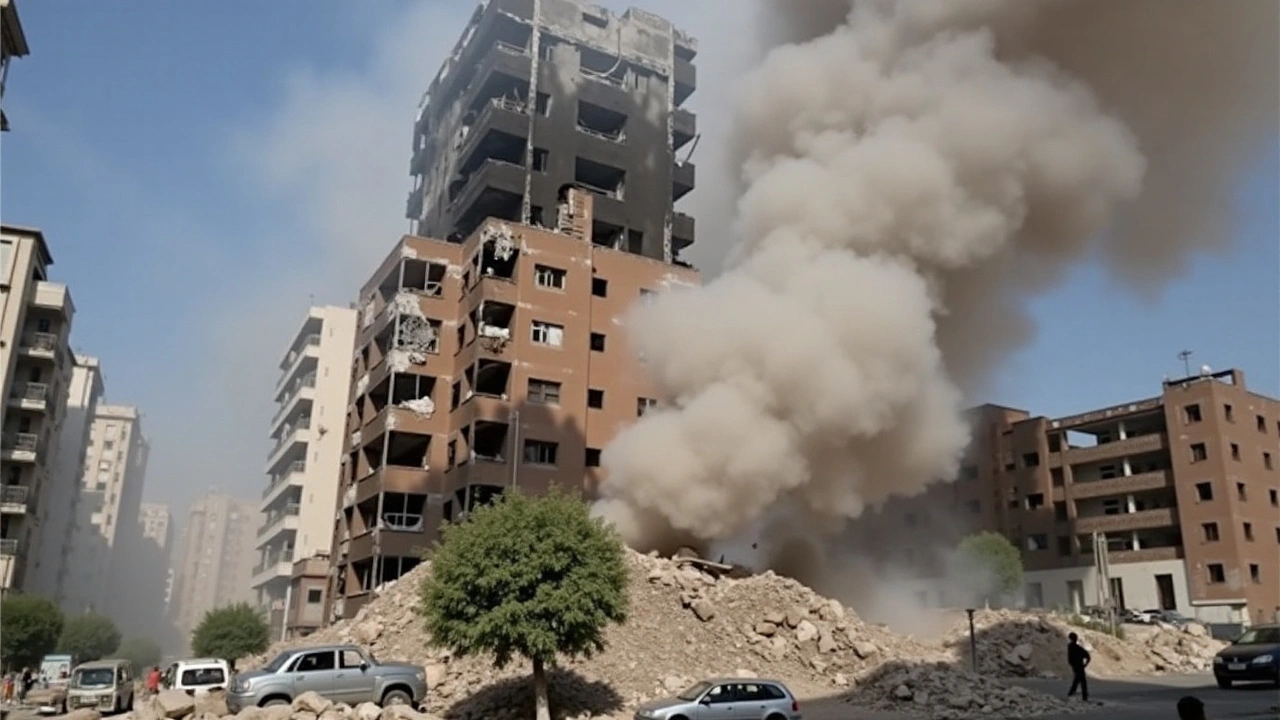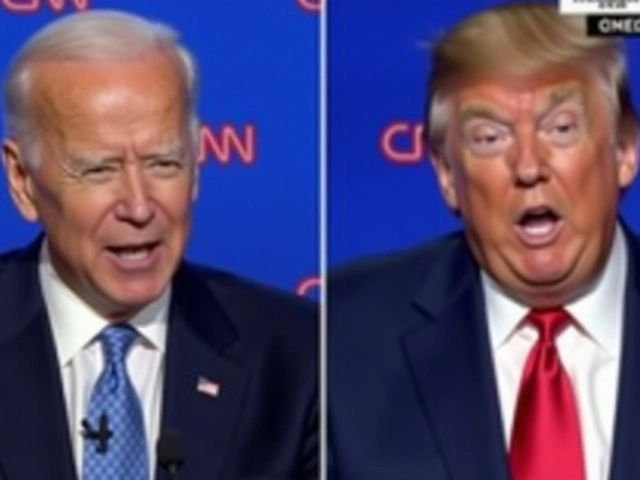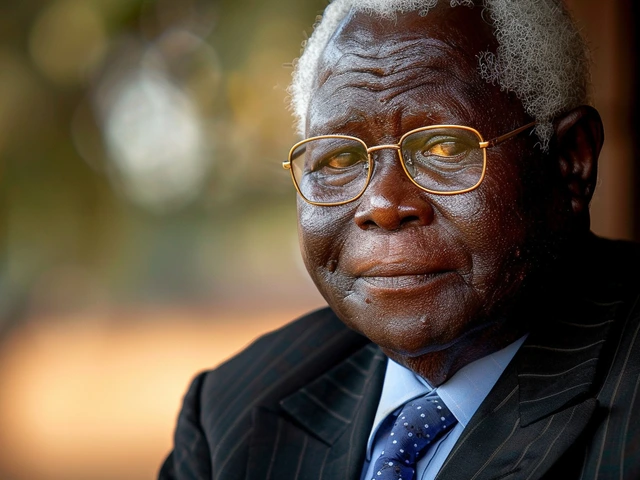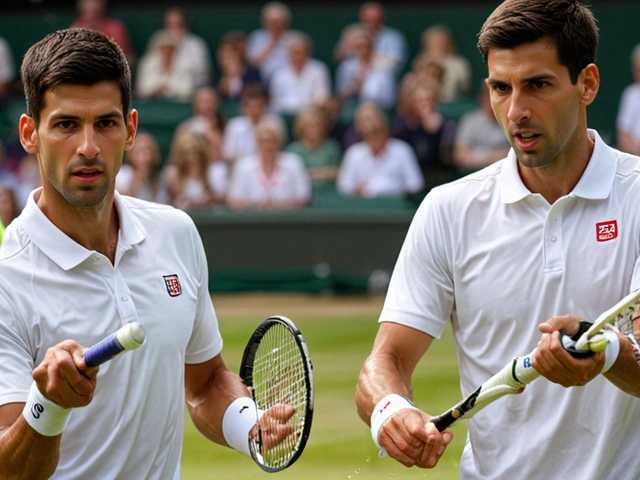In a dramatic turn of events, the Israeli military announced on Friday that it had successfully killed Hassan Nasrallah, the long-standing leader of Hezbollah, during an airstrike in Beirut. This significant military action took place in Dahiyeh, a southern suburb of Lebanon's capital, marking a pivotal moment in the region's intricate geopolitical landscape.
The airstrike not only targeted Nasrallah but also claimed the lives of several other high-ranking Hezbollah commanders. Israeli military spokespersons named Ali Karki, the commander of Hezbollah’s southern front, among the fatalities. The repercussions of this strike have been severe, with the Lebanese Ministry of Public Health reporting six deaths and 91 injuries, highlighting the widespread devastation, including the leveling of six apartment buildings in the targeted area.
Despite the Israeli military’s assertions, Hezbollah has yet to issue an official statement confirming Nasrallah's death. Sources close to the organization, however, indicated to AFP that contact with Nasrallah was lost after the Friday strike. Nasrallah, who has led Hezbollah for more than 32 years, has been much more than a militant leader; he has been a political and spiritual figurehead, wielding considerable influence in Lebanon and beyond.
Nasrallah's impact on Middle Eastern politics cannot be overstated. He is revered among his supporters for his defiance against Israel and the United States and is seen as a champion of Lebanon’s Shia community and an instrumental figure in Hezbollah's ascendancy. Conversely, to his enemies, he is the notorious leader of a terrorist organization acting as a proxy for Iranian interests.
The timing of Nasrallah’s alleged killing is particularly significant given the approximately year-long conflict that has gripped the region. This conflict, initially sparked by the Gaza war, saw Hezbollah firing rockets at Israel from southern Lebanon in solidarity with Hamas. Nasrallah’s orchestration of Hezbollah's engagement in this conflict underscores his strategic importance and his group's entangled relationship with Iran.
Al Jazeera's Stefanie Dekker succinctly described Nasrallah as a 'larger-than-life figure' in Middle Eastern politics. His death, if confirmed, represents not just a significant blow to Hezbollah but also a 'major setback' for Iran, which counts Hezbollah as a crucial regional ally.
Domestically, Nasrallah has had a fraught relationship with various political factions in Lebanon, including Sunni and Druze forces, which have often been at odds with Hezbollah. His reclusive demeanor in recent years, driven by security concerns, has done little to diminish his influence.
In its statement, the Israeli military justified the strike by holding Nasrallah accountable for numerous attacks against Israeli civilians and military personnel. Army Chief of Staff Herzi Halevi echoed this sentiment, suggesting that the move was part of a broader campaign to neutralize threats to Israeli security. 'The message is simple,' Halevi stated, 'Anyone who threatens the citizens of Israel – we will know how to reach them.'
The assassination of Nasrallah, if verified, could catalyze a host of repercussions throughout the region. Questions loom over how Hezbollah, Iran, and other regional players will respond to this event. The potential for escalated conflict is significant, given the volatile nature of Middle Eastern geopolitics.
For Iran, Nasrallah's death would mean the loss of a 'major asset in the region,' as Stefanie Dekker points out. Iran's next steps are uncertain, and whether this development will lead to an intensification of hostilities remains to be seen.
The ongoing military actions by Israel, which continued through Saturday, underscore the persistence of Israeli hostilities towards Hezbollah's infrastructure and leadership. The impact on civilian populations in Lebanon has been considerable, fueling tensions that have been simmering for years.
The future remains uncertain. Will Hezbollah retaliate with force, potentially triggering a wider regional conflict? Or will this prompt a strategic recalibration by Iran and its allies? As the dust settles, the only certainty is that Nasrallah's purported death marks a significant chapter in the ever-evolving story of the Middle East.





